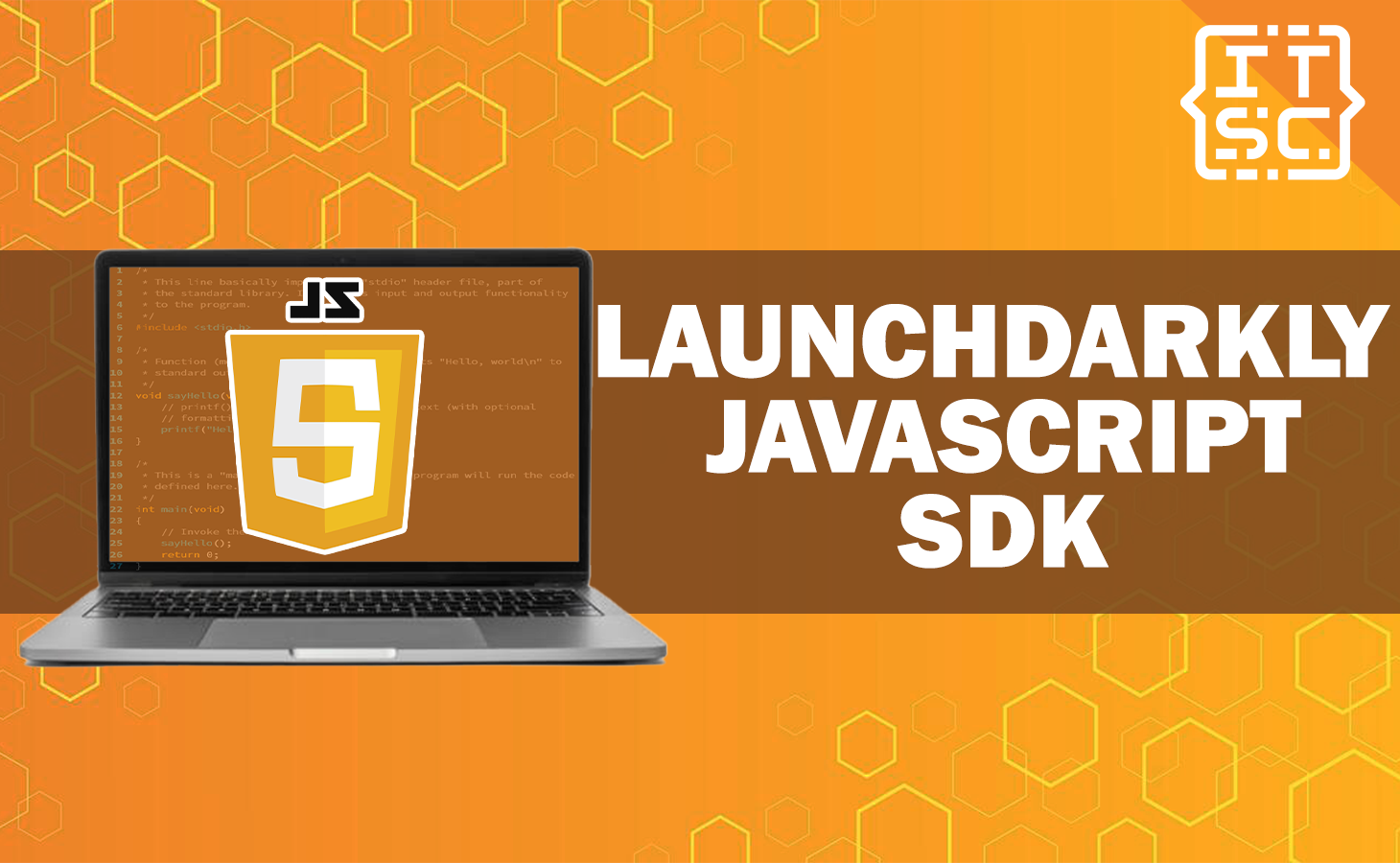Welcome to the world of LaunchDarkly JavaScript SDK. If you are a developer or tech support, you’ve probably heard of the term “feature flags” and how they can transform software development.
In this post, we will discuss the LaunchDarkly JavaScript SDK, bringing light on its capabilities, use cases, and why it’s a game-changer for developers.
Whether you’re an experienced coder or just a beginner in software development, this article will equip you with a valuable understanding of this remarkable tool.
Importance of LaunchDarkly JavaScript SDK
The LaunchDarkly JavaScript SDK serves as the foundation of feature flags and remote configuration management.
Also read: Atomic JavaScript with Example Codes and Methods
Understanding LaunchDarkly
Before we dive into the SDK, let’s understand the core concept of LaunchDarkly. At its essence, LaunchDarkly is a feature management platform that allows developers to release software with confidence.
It allows you to separate code deployments from feature releases, resulting in safer and more effective software development.
What Is the JavaScript SDK?
The JavaScript SDK is LaunchDarkly’s magic wand that enables you to integrate feature flags smoothly into your web applications.
It’s a lightweight library that provides a simple and flexible approach to control the features in your applications, all without requiring frequent code deployments.
Key Features
- Real-time Feature Toggles:
- With the SDK, you can change features on and off in real-time, giving you unparalleled control over your software’s actions.
- Gradual Rollouts:
- Safely release new features to a subset of users to gather feedback and assure stability.
- Custom Targeting:
- Precisely target features to specific user segments based on user attributes or custom rules.
- A/B Testing:
- Run experiments with different feature variations and analyze user action.
- Remote Configuration:
- Modify feature flags and settings without touching the program.
Getting Started with LaunchDarkly JavaScript SDK
Now that we understand the basics, let’s jump into the action.
Here’s the step-by-step guide to kick-start your journey with the SDK.
Installation
To start, you will need to install the LaunchDarkly JavaScript SDK. Fortunately, it’s as simple as running a few commands in your terminal.
npm install launchdarkly-js-client-sdk
Initializing the SDK
After installation, initialize the SDK with your unique SDK key achieved from your LaunchDarkly account.
const LDClient = require('launchdarkly-js-client-sdk');
const ldclient = LDClient.initialize('your-sdk-key');
Creating Your First Feature Flag
Let’s create a basic feature flag called “new-feature” and activate it for a specific user.
const user = {
key: 'tutorial123',
email: '[email protected]',
};
const showFeature = ldclient.variation('new-feature', user, false);
if (showFeature) {
// Display the new feature
} else {
// Hide the feature
}
Integrating Feature Flags
You can easily accommodate feature flags into your codebase to control different aspects of your application, from UI elements to backend functionality.
LaunchDarkly JavaScript SDK in Action
A/B Testing Made Easy
Suppose, you are creating an e-commerce website, and you want to test two different checkout processes.
With the LaunchDarkly JavaScript SDK, you can create two differences of the checkout process and run an A/B test.
Here’s an example code:
const userSample = {
key: 'tutorial123',
email: '[email protected]',
};
const variation = ldclient.variation('checkout-experiment', userSample, 'default');
if (variation === 'variationA') {
// Display checkout variation A
} else if (variation === 'variationB') {
// Display checkout variation B
} else {
// Display default checkout
}
Gradual Feature Rollouts
Rolling out a new feature to all users simultaneously can be risky. With LaunchDarkly, you can release a feature gradually, starting with a small group of users and gradually expanding the audience.
Example code:
const userValue = {
key: 'secretpassword123',
email: '[email protected]',
};
const showFeature = ldclient.variation('new-feature', userValue, false);
if (showFeature) {
// Display the new feature to a subset of users
} else {
// Hide the feature for others
}
FAQs
LaunchDarkly applies a highly reliable and performant infrastructure with a global edge network to deliver feature flags quickly. This assures minimal impact on your application’s performance.
Yes, LaunchDarkly provides SDKs for different programming languages, allowing you to maintain feature consistency across your entire tech stack.
Absolutely! LaunchDarkly’s flexibility makes it suitable for projects of all sizes, from startups to enterprise-level applications.
LaunchDarkly provides detailed analytics to help you track feature performance, user engagement, and experiment results, giving you actionable insights for continuous improvement.
Conclusion
In conclusion, the LaunchDarkly JavaScript SDK allows developers to take control of their software’s destiny.
Whether you are looking to A/B test new features, conduct gradual rollouts, or fine-tune your application’s behavior, this SDK is your trusted companion on the journey to building better software.

